US, Israel behind recent attack on PMU, says Iraqi resistance group
Iraq’s Asa’ib Ahl al-Haq resistance movement says the United States and Israel have been behind a recent attack on positions held by the anti-terror Popular Mobilization Units (PMU) or Hashd al-Sha’abi.
Asa’ib Secretary General Qais Khazali criticized the Iraqi government for its silence on the September 14 raid on the border between the town of al-Qa’im and the Syrian city of al-Bukamal.
“The denial on the part of the Americans does not absolve them of their responsibility in this regard, because in practice, the responsibility for Iraqi airspace lies with them. If they were not involved in this attack, it is the work of the Zionist enemy,” he said.
“Israeli planes cannot target positions held by Iraqi military forces without American consent,” he added.
Colonel Wayne Marotto, spokesman for US-led coalition's Combined Joint Task Force Operation Inherent Resolve (CJTF-OIR), had in a tweet claimed that Washington was not behind the aerial assault.
.@CJTFOIR can confirm we did not conduct air strikes in Al-Bukamal, Sept. 14, 2021.
— OIR Spokesman Col. Wayne Marotto (@OIRSpox) September 14, 2021
Telegram channels affiliated to resistance factions said the US denial was due to its fear of a reaction by Iraqi fighters.
Media sources said that the attack involved US F-15 fighter jets and an unmanned aerial vehicle (UAV) firing four missiles at Hashd al-Sha’abi positions.
It had no casualties, but destroyed three vehicles and a thermal camera used by resistance fighters to guard the border and prevent Daesh terrorists’ infiltration into Iraq.
The town of al-Qa’im came under an attack by US warplanes on June 27 at the order of US President Joe Biden.
The US strike killed four Iraqi fighters who were performing their duties of preventing the infiltration of Daesh terrorists from Syria.
Elsewhere in his remarks, Khazali denounced as “unjustifiable” the Iraqi government's inaction to purchase air defense systems in a bid to deter repeated acts of aggression against the country.
American occupation troops are required to leave Iraq under a resolution passed by the Arab country’s parliament on January 5, 2020.
It was approved two days after the US assassinated Iran’s anti-terror commander General Qassem Soleimani and his Iraqi trenchmate Abu Mahdi al-Muhandis, deputy head of Hashd al-Sha’abi, two influential figures in the fight against the Daesh terrorist group.
However, Washington has been dragging its feet on the troop pullout and targeting anti-terror groups from time to time.
Back in July, Washington and Baghdad reached an agreement on the American military’s withdrawal, under which the US would keep its troops on Iraqi soil under the guise of providing advisory assistance to the Iraqi military.
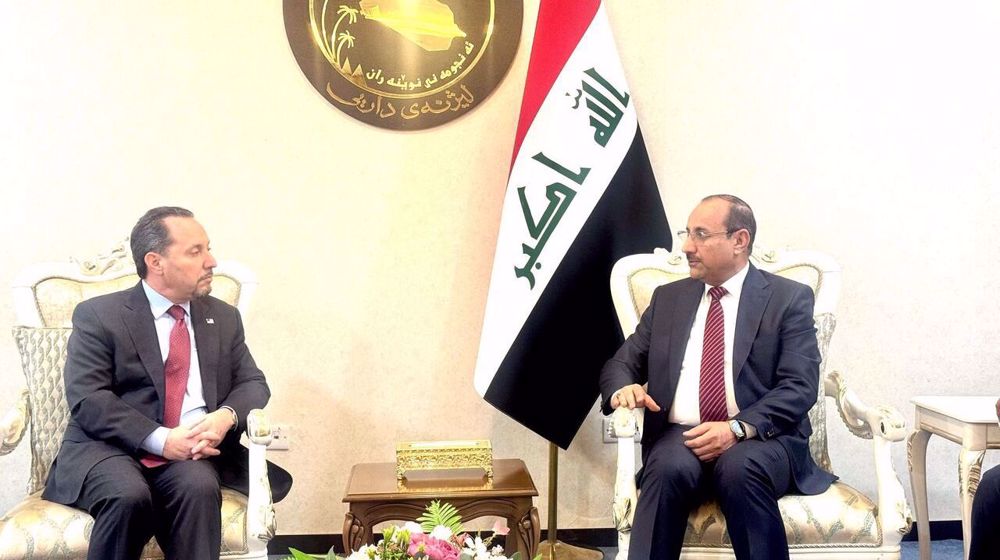
Iraq warns US its power grid would collapse without Iran gas supplies
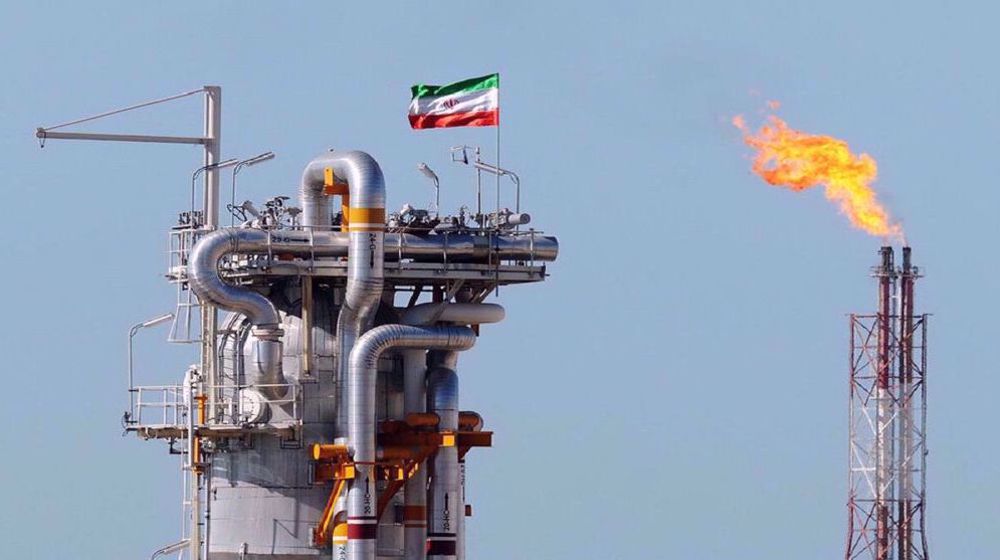
Trump admin. revokes Iraq’s sanctions waiver for Iranian electricity imports

Iraq warns of growing violence in Syria, calls for protection of civilians
VIDEO | Press TV's news headlines
VIDEO | Displaced people in Jenin camp facing miseries during Ramadan
VIDEO | Struggling for survival: Water crisis in Gaza intensifies
VIDEO | US-South Korea military drills go ahead despite bombing accident
VIDEO | Gaza war aftermath: Patients at risk as fuel, medical supplies cut
Iran: US decision to revoke Iraq waiver ‘extremely deplorable’
VIDEO | Iran, Russia and China kick off Joint Naval Drills in Oman Sea
Houthi: Yemen army ready to start military actions against Israel


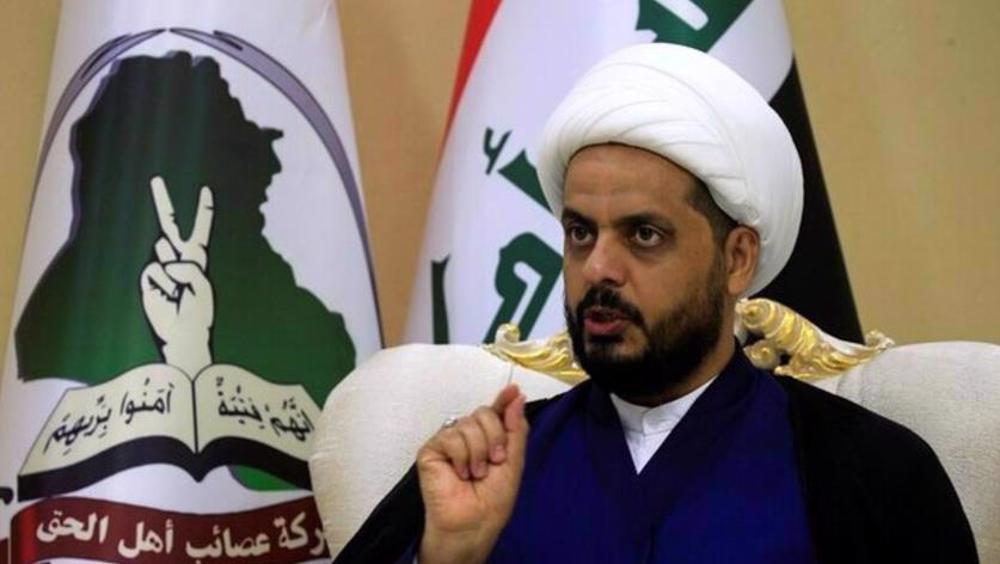
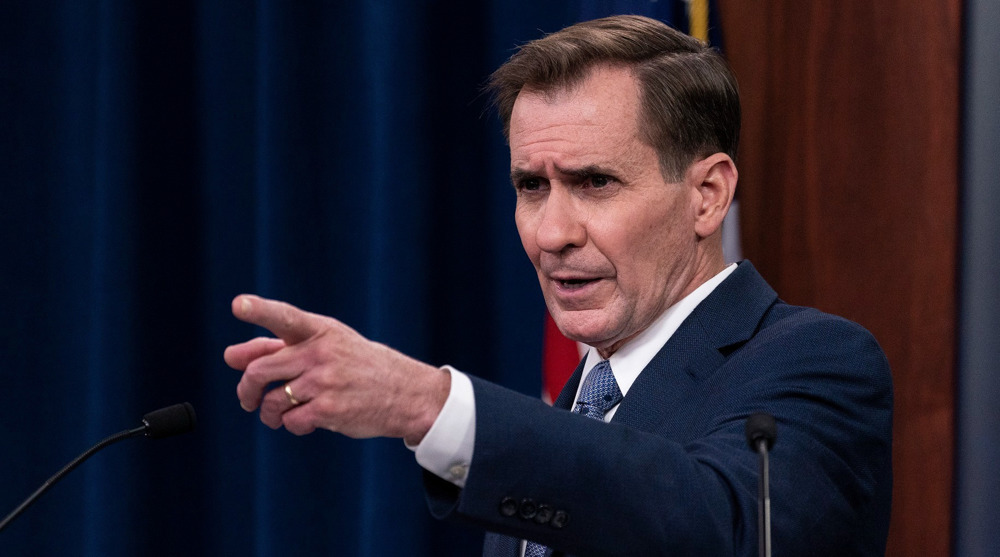



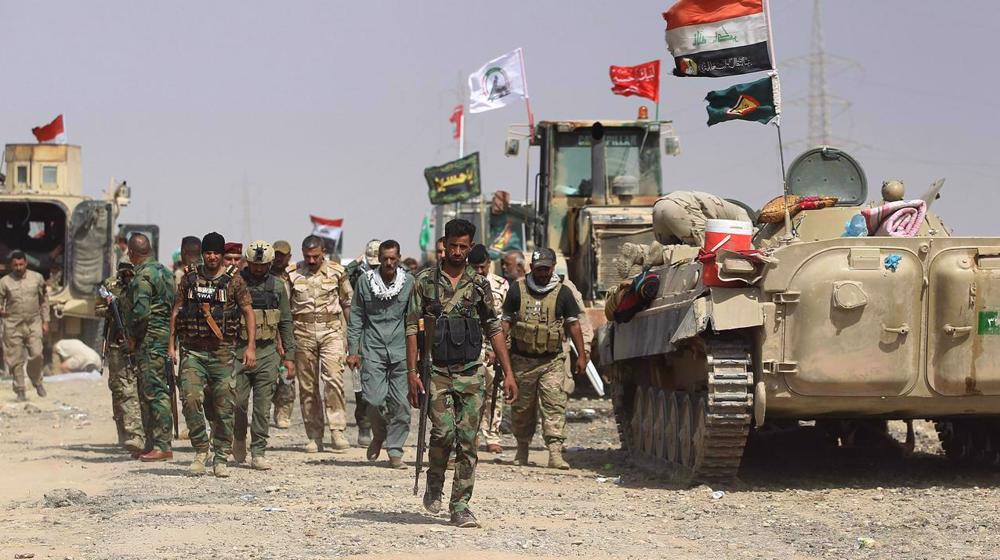
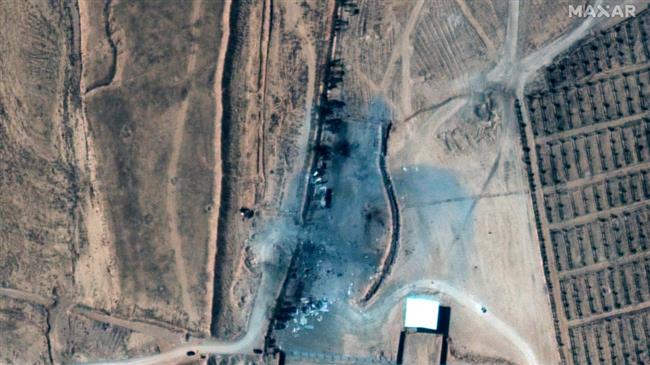
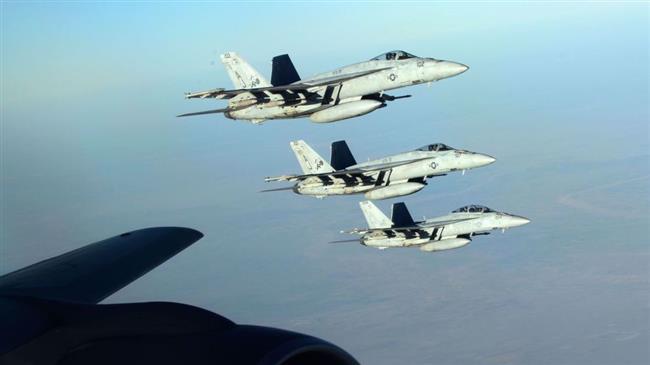
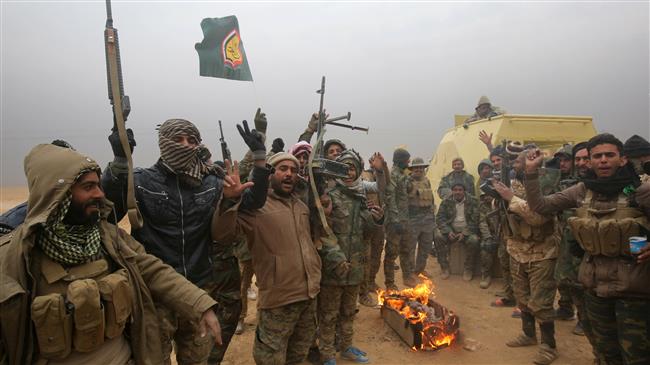
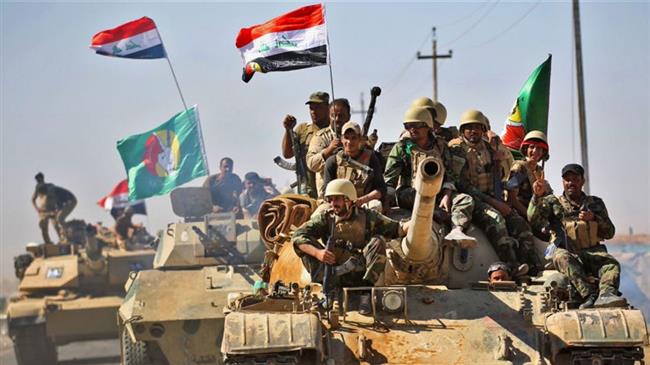
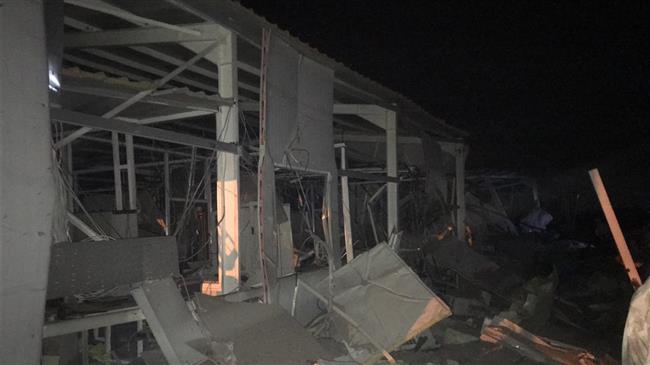

 This makes it easy to access the Press TV website
This makes it easy to access the Press TV website